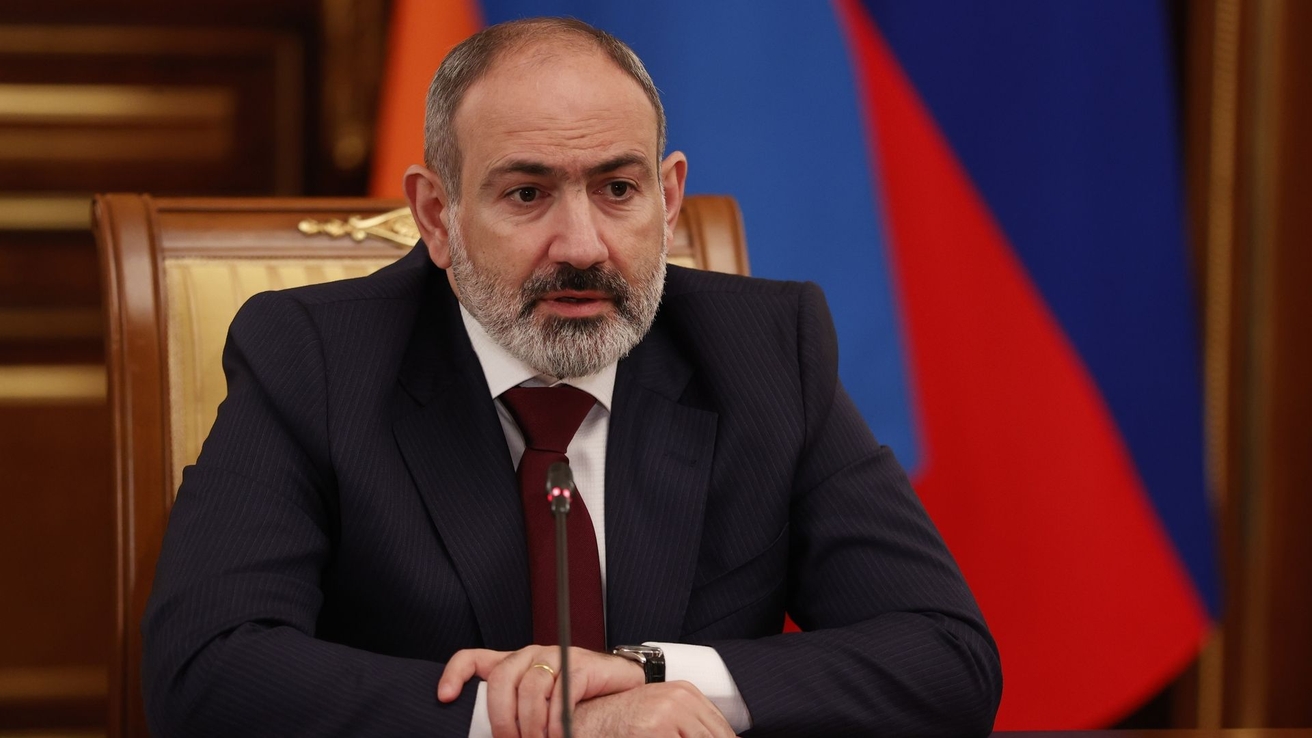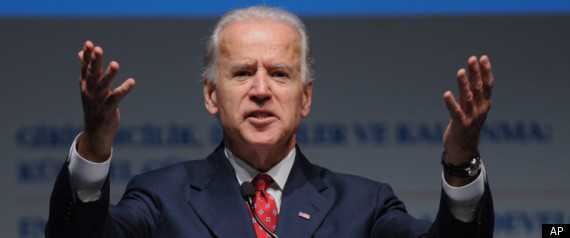In my last week’s article I criticized the government of Jordan for buckling under Azerbaijan’s pressure to withdraw its nomination of a documentary about Artsakh as an Oscars entry.
While it is bad enough that a hostile country like Azerbaijan prevents the nomination of a movie about Artsakh, but it is much worse when Armenia itself refuses to present a movie about Artsakh to the Oscars!
The Armenian National Film Academy just chose to nominate for the 2025 Oscars a movie titled, “Yasha and Leonid Brezhnev” instead of the one about Artsakh titled, 1489. Even though I do not have a direct evidence that this was done at the request of Prime Minister Nikol Pashinyan or his government, nevertheless, given their anti-Artsakh positions, we can safely assume that the decision was made at their suggestion. One indication is that the Republic of Armenia’s Ministry of Education, Culture and Sport is the sponsor of “Yasha and Leonid Brezhnev.”
On many occasions, Pashinyan has confirmed his anti-Artsakh position starting with his capitulation that Artsakh belongs to Azerbaijan. Given the fact that Artsakh was occupied by Azerbaijan under Pashinyan’s watch, he is extremely reluctant to talk about his major failure and remind the people of his personal responsibility for not protecting Artsakh. That is why he has not referred to Nagorno-Karabagh as Artsakh since the 2020 war. He declares that the Karabagh refugees, who fled to Armenia after Azerbaijan’s takeover of Artsakh in September 2023, are no longer citizens of Armenia, even though they possess passports of the Republic of Armenia.
Furthermore, given the fact that Pashinyan has been desperately trying to convince Pres. Ilham Aliyev to sign a peace treaty with Armenia, he has shied away from taking any actions that he feels would antagonize Azerbaijan. He has warned that unless Armenia complies with Azerbaijan’s escalating demands, Baku will attack Armenia again.
Wikipedia reports that “‘Yasha and Leonid Brezhnev’ is a 2024 absurdist tragicomedy film written and directed by Edgar Baghdasaryan. Starring Mais Sarkisyan as a retired Armenian reluctant to accept the dissolution of the Soviet Union imagines conversations with former Soviet leader Leonid Brezhnev and other communist leaders.” Baghdasaryan is a board member of the Armenian National Film Academy which selected this film as Armenia’s official Oscars nomination. “1489” only received two votes out the 30 Armenian National Film Academy board members, causing a major controversy in Armenia.
“1489” is a movie about 21-year-old student and musician Soghomon Vardanyan who disappeared in the 2020 Artsakh war. The number 1489 is assigned to a soldier missing in action. Full Frame Documentary Film Festival’s website explains that Soghomon’s sister Shoghakat Vardanyan, the film’s director, “documents her parents and herself as they search for answers, interviewing soldiers who survived, desperately clinging to hope, and their grief as hope begins to fade. Through raw, intimate moments, “1489” confronts the human cost of war through one family’s unwavering love, quest for closure, and finally, their acceptance of a devastating truth.”
The film won the Best Film Award of the International Film Festival of Amsterdam (receiving a 15,000 euro cash prize), the FIPRESCI Award by the International Federation of Film Critics, Best Documentary Film of Trieste Film Festival, Best Documentary of the Buenos Aires International Documentary Film Festival, and several others.
The “Eye for an Eye” community of Armenian documentary filmmakers, photographers, writers, and artists urged the Armenian National Film Academy to review its decision, claiming that Baghdasaryan’s film (Yasha and Leonid Brezhnev) “has not had international exhibitions and has not won international awards.” They said that “an injustice has occurred in the field of Armenian cinema and it is not the most resonant, prestigious, and strong Armenian production film that will represent Armenia at the Oscars…. Vardanyan’s film (“1489”) could have been the first Armenian film to receive an Oscar.”
The Secretary of the Armenian National Film Academy, Natalya Ghazanchyan, responded: “Film Academicians do not take into account the list of awards received by the film, but are guided by its artistic merits, based on their rich experience in the film industry.” She said that the Yasha and Leonid Brezhnev film “had won five out of nine possible awards at the [Armenian] Film Academy’s Anahit awards. She added that any member of the Film Academy with a connection to a submitted film was not allowed to participate in the voting process,” oc-media.org reported.
The Armenian public should express its outrage at the decision of the Armenian Film Academy to select a whimsical movie instead of the one that portrays an immense tragedy — the loss of Artsakh. Armenians should accept nothing short of the reversal the Armenian Academy’s incorrect decision.
It is very disturbing that Armenian officials, just like the government of Azerbaijan, has blocked the submission to the Oscars of a high-quality Armenian movie related to Artsakh.





